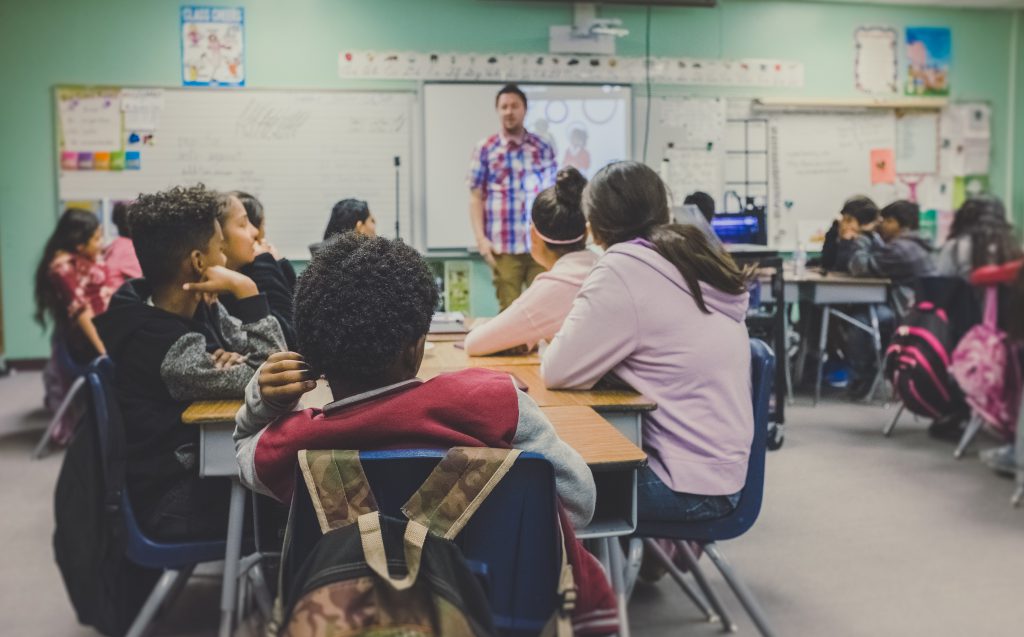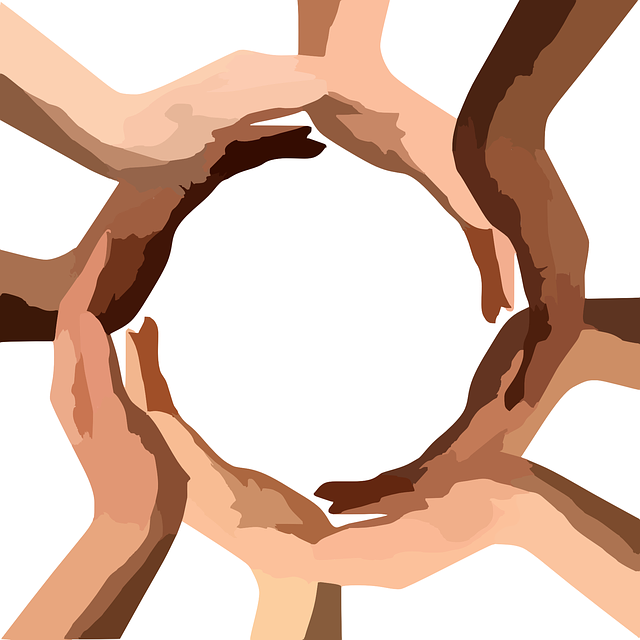
Pacific Southwest MHTTC:
Supporting Mental Health in the Context of Racial Violence
Join us for this two-part learning forum!
The Pacific Southwest MHTTC along with partner MHTTCs nationwide and our National Coordinating Office is pleased to invite you to our network’s upcoming two-part learning forum, Supporting School Mental Health in the Context of Racial Violence. This series is intended for students, families, educators, and school mental health professionals who are navigating the impact of racial violence on student mental health.
Each learning session will feature a moderator who will engage stakeholders, leaders, and the school mental health workforce in a conversation that focuses on:
- Strategies for supporting students’ mental health while navigating racial violence (in and out of school);
- Opportunities for the field to improve its commitment to fostering a workforce ready, able, and willing to hold racial violence as a mental health issue;
- Steps we might take to advance school mental health supports for students experiencing racial violence.
SESSION 1: Learning from and with Students, Caregivers, Advocates and System Leaders
Friday, July 31 from 1:00-2:30 p.m. ET
• • • • • • •
SESSION 2: Learning from and with the School Mental Health Workforce (School Counselors, Psychologists, and Teacher Educators)
Friday, August 7 from 1:00-2:30 p.m. ET
SELF Magazine:
14 Organizations and People Working to Support BIPOC Mental Health During the Coronavirus Crisis
People who are Black, Indigenous, and/or people of color (BIPOC) continue to face racial health disparities including access to culturally competent supports for mental health. This has been an injustice long before the COVID-19 Pandemic but with the pandemic and the continuing battle against racism, it’s well overdue to have a list like the one published. This article, from late May, discusses the racial disparities with COVID-19 outcomes and data for BIPOC communities. It also highlights 14 organizations and people who are working to support BIPOC’s mental health.
Beacon Lens:
Minority mental health: What can we do together?
“Recognizing July as Minority Mental Health Awareness Month, there is no more appropriate time to talk about mental health disparities among minorities. People of color continue to experience inequitable mental health care, and the solution to closing that gap is long overdue. Click on the video below from Beacon Health Options to learn more and how we must work together to ensure that all people get the care they deserve.”
Beacon Lens:
Take action to reduce “self-stigma”
When it comes to behavioral health care, the term “stigma” is often used to describe the shame or embarrassment some people feel about mental illness. Therefore, addressing stigma is important because the very concept of shame makes it difficult for many individuals with mental illness to seek help.
As Beacon Health Options continues to recognize July as Minority Mental Health Awareness Month, our ongoing series of blogs has highlighted how people of color experience healthcare differently from White people because of issues around access, cultural differences, and more. Interestingly, another difference among some people of color is how they perceive their own mental illness.
Mental Health America: BIPOC Mental Health
Mental Health America understands that racism undermines mental health. Therefore, we are committed to anti-racism in all that we do. This means that we pledge to work against individual racism, interpersonal racism, and institutional racism in all their forms.
Visit the BIPOC Mental Health Month webpage, which includes Resources and a 2020 Mental Health Month Toolkit.
Visit the BIPOC Mental Health Hub which includes an Infographic, Statistics, General Information and Other Resources for the following communities:
- Black/African American
- Native and Indigenous
- LatinX/Hispanic
- Asian American/Pacific Islander
- LGBTQ+
- Multiracial
Mental Health America – What We’re Reading
MHA’s Chiming In Blog
A Black, Christian’s Journey to Mental Wellness
(Re) Defining Resilience: A Perspective Of ‘Toughness’ in BIPOC Communities
Racism Deniers Make It Harder To Do This Incredible, Exhausting Work
Why Silence Weighs Heavily on The Mental Health Of Marginalized Communities
IDONTMIND Journal
Race-Based Traumatic Stress Is A Real Response to Racism
6 Creative Outlets for Your Mental Health
8 Life-Changing Statements to Tell Black Boys And Girls Everyday
Black Mental Health Matters More Now Than Ever Before
Clips from Around the Country
NPR: ‘Bear Our Pain’: The Plea For More Black Mental Health Workers
CNBC: ‘I still have nightmares every night’ — health workers struggle with PTSD symptoms as coronavirus takes toll
NBC: 40 percent of LGBTQ youth ‘seriously considered’ suicide in past year, survey finds
Mental Health America – What We’re Listening To
In The Open Podcast: How Racism is Trauma
This month is the start of BIPOC (Blacks, Indigenous People, and People of Color) Mental Health Month so America and Theresa talk about what led to the name change and why the new designation better honors these groups. They then have a dialogue about the connection between racism and trauma. They discuss why empathy is key, how we shape the world through our experiences and why we all want to feel human and feel that we matter.
In The Open Podcast: I Don’t Know Who I Am featuring Jenny Cheang
Jenny Cheang (Director of Digital Marketing) joins America and Theresa to talk through the struggle of identifying who they are. They all share their personal ties to their cultural heritage, the time in their lives when they started to explore their race and how their families played a major role in their identities. They have each struggled at times to fit in with their cultural heritage but have found a sense of pride because of it.
In The Open Podcast: How Do I Feel Better When The World Is Burning?
While it feels like the world is burning around them America and Theresa try to find ways in which to feel better. They speak on the dread that comes with overwhelming thoughts, the feelings of paralysis when everything seems like it’s too much to handle and the power of validation. Theresa talks about finding her community so she doesn’t feel so isolated and America seeks ways in which to educate herself on how to properly help herself and others.

NAMI (National Alliance on Mental Illness)
Identity and Cultural Dimensions – https://nami.org/Your-Journey/Identity-and-Cultural-Dimensions
https://nami.org/Your-Journey/Identity-and-Cultural-Dimensions/Black-African-American
https://nami.org/Your-Journey/Identity-and-Cultural-Dimensions/Latinx-Hispanic
